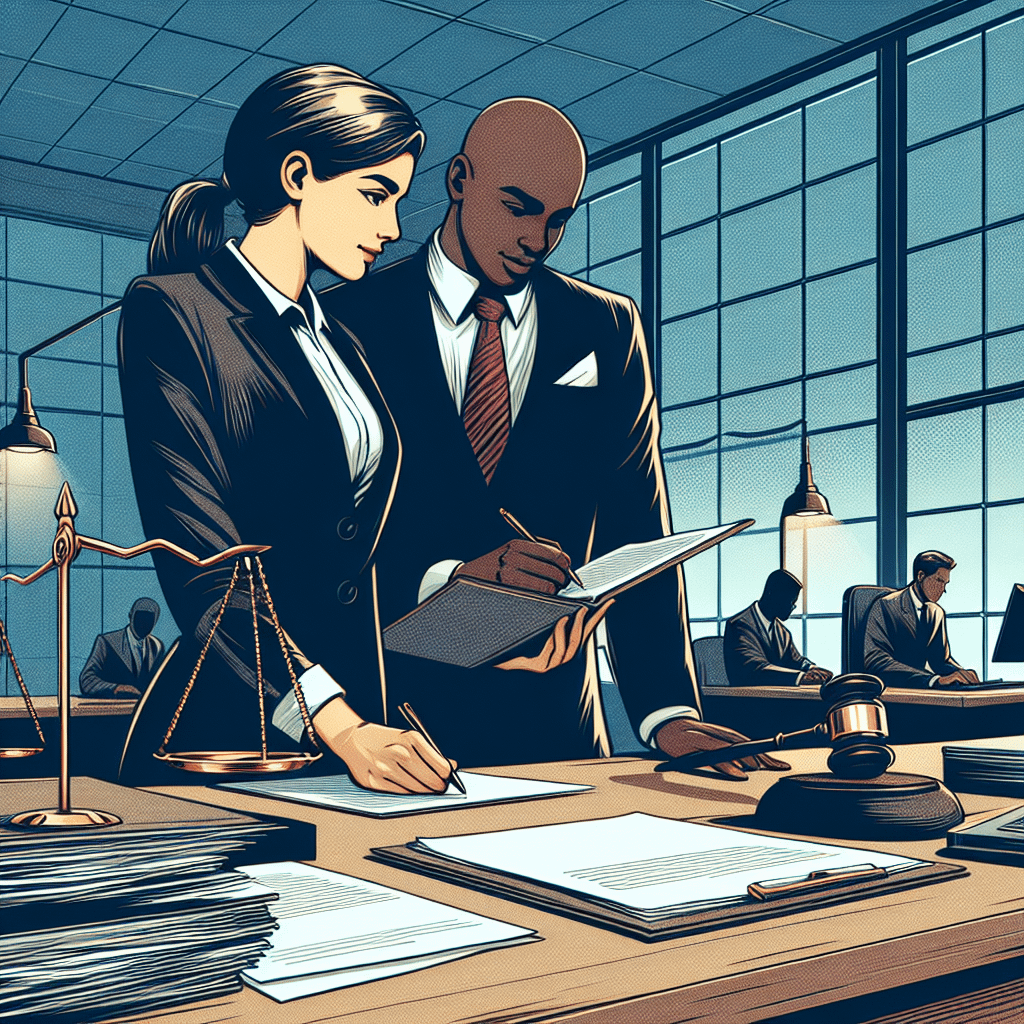If you’ve been involved in an accident or a personal injury situation, you’re probably dealing with a lot of stress and confusion. On top of any physical pain, there might be emotional turmoil as well. So, you might be wondering: Can I sue for emotional distress in a personal injury case? Let’s shed some light on this topic and help you understand your options.
Emotional distress refers to the mental anguish or emotional suffering that arises from a traumatic event or ongoing circumstances caused by someone else’s negligence or intentional harm. Think of it as the emotional counterpart to physical pain and suffering. It can manifest as anxiety, depression, insomnia, irritability, or even post-traumatic stress disorder (PTSD).
In a personal injury case, emotional distress is often considered a type of “non-economic damage,” meaning it doesn’t have a direct dollar amount like medical bills do but is still a legitimate form of harm for which you can seek compensation.
When Emotional Distress is Considered
To sue for emotional distress, it’s crucial to demonstrate how the traumatic event directly caused your psychological suffering. The courts often look for specific conditions:
1. Negligence or Intentional Actions: The distress must result from another party’s negligence or intentional acts. For instance, if a reckless driver hits you, resulting in anxiety every time you’re on the road, this could be grounds for a claim. 2. Severity and Duration: The emotional distress should be severe enough to impact your daily life. For example, if the trauma from an accident leads to PTSD that’s affecting your ability to work or enjoy life, it strengthens your claim. 3. Medical Evidence: Like physical injuries, emotional distress needs to be documented. This means consulting with mental health professionals who can provide a formal diagnosis and testify about your condition.
Real-World Illustration
Imagine you’re in a car accident. The physical injuries heal over time, but you’re left feeling anxious whenever you drive. You might also have nightmares or trouble sleeping, with these emotional scars affecting your job as a delivery driver. In this case, the emotional distress is clearly tied to the accident and negatively impacts your livelihood, making it a valid component in your personal injury lawsuit.
Legal Theories for Claims
In the U.S., emotional distress claims can arise under two key theories:
- Negligent Infliction of Emotional Distress (NIED): This is where another’s negligence leads to your emotional suffering. To succeed under this theory, you often need to show that you were in the zone of danger or had a physical manifestation of the distress.
- Intentional Infliction of Emotional Distress (IIED): Here, you must prove that the other party’s actions were outrageous and intentionally meant to cause emotional harm. A classic example is harassment or extreme bullying.
Practical Tips for Pursuing an Emotional Distress Claim
1. Seek Medical Attention: Immediately consult a mental health professional if you’re experiencing emotional distress. Therapists, psychologists, and psychiatrists can not only offer support but also document your condition.
2. Document Everything: Keep detailed records of your symptoms, treatments, and how the distress affects your daily life. This includes journals, medical records, and even testimonies from family or colleagues about changes they’ve observed in you.
3. Consult an Experienced Attorney: Laws regarding emotional distress can vary significantly by state. An attorney specializing in personal injury cases will help you navigate the complexities and build a strong case.
4. Consider the Timeline: Often, there are time limits, known as statutes of limitations, on how long you have to file a lawsuit. Don’t delay in exploring your legal options.
5. Prepare for Intensity: Emotional distress cases can be challenging because they involve revealing very personal aspects of your life. Be prepared for this step if you decide to proceed.
Remember, emotional distress is a real and impactful issue. If you’ve been affected in such a way that hinders your life, understanding your rights is critical. While it might seem daunting, taking these steps can help you find closure and fair compensation.








